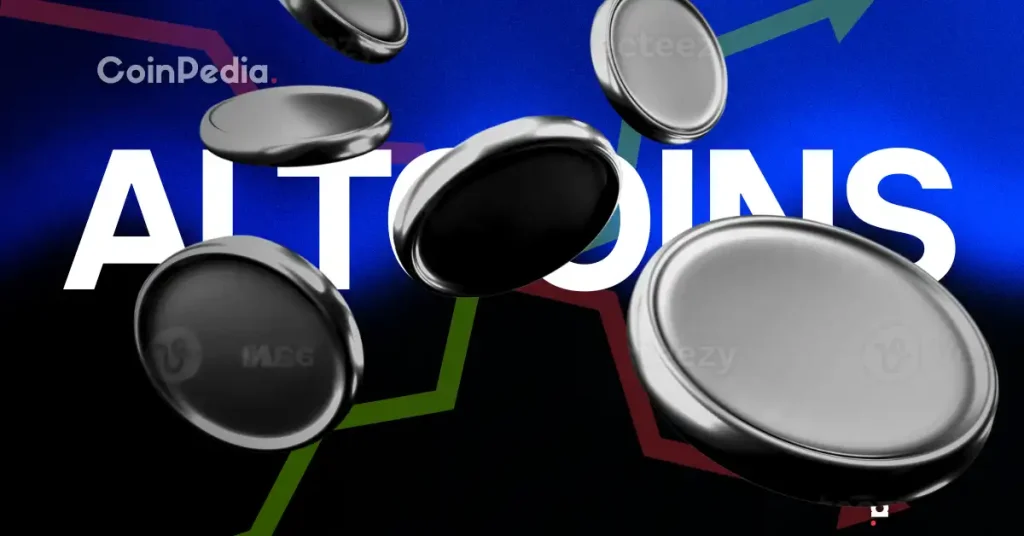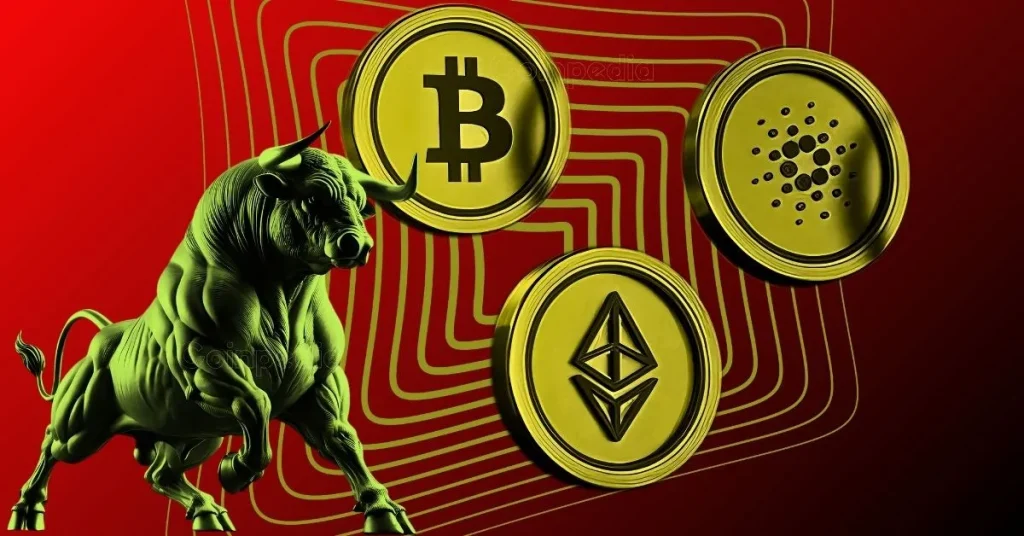Ethereum has unveiled EIP-7983, a groundbreaking initiative crafted by its founder Vitalik Buterin and researcher Toni Wahrstätter. The proposal seeks to cap the maximum gas consumption for individual transactions at 16.77 million. This move is designed to optimize block efficiency and necessitate the subdivision of more substantial transactions into manageable portions.
How Will Gas Limits Affect Transactions?
Under the new guidelines, transactions will not exceed 16.77 million gas capacity. This is aimed at averting scenarios where sizeable transactions monopolize block space, thereby allowing smoother operations for other users. It also aims to ensure that large-scale transactions break down into smaller, more manageable units.
The Ethereum network, in recent years, has concentrated efforts on scalability and transaction speed enhancements. EIP-7983 is poised to alleviate chain bottlenecks, leading to a more balanced allocation of network resources. It’s anticipated that transaction fees and block times will become more predictable.
What is the Role of Zero-Knowledge Technology?
This modification is expected to boost the development of zero-knowledge proof layers. The uniformity and reduction in transaction sizes are anticipated to facilitate their distribution across multiple processing threads, thereby improving scalability. Shifting towards a parallel processing structure is seen as vital for resolving these existing challenges.
Toni Wahrstätter, Ethereum Researcher: “Breaking up large transactions makes participation in distributed verification systems easier. While zkVMs can theoretically parallelize within a transaction, this is usually not preferred in practice due to increased complexity. Therefore, downsizing transactions seems more reasonable.”
EIP-7983’s gas limit may significantly impact large contracts within the DeFi realm and developers initiating massive deployments. Conversely, smaller users and standard transactions are expected to indirectly benefit, as this regulation makes fees and block space use predictable.
Vitalik Buterin: “I strive to simplify Ethereum’s core. My priority is to reduce complexity and potential vulnerabilities without completely eliminating advanced use cases.”
Buterin aims to streamline the ecosystem while retaining robust functionality. This proposal is expected to be a precursor to substantial security enhancements and congestion prevention across the network.
The introduction of EIP-7983 necessitates a shift for developers, especially those working with extensive DeFi contracts. Although end-users might not notice apparent changes, the backend adjustments will pave the way for a more efficient network.
- Ethereum’s new proposal halves the gas limit compared to EIP-7825.
- This strategy balances network security and validation efficiency.
- Users to benefit from more predictable transaction fees.
- Developers may need to innovate modular transaction models.
A tighter gas limit could lay the foundation for parallel transaction capabilities in Ethereum’s future. The ecosystem may become more stable and predictable with improved fee structures, compelling developers to craft more modular and efficient applications.
Disclaimer: The information contained in this article does not constitute investment advice. Investors should be aware that cryptocurrencies carry high volatility and therefore risk, and should conduct their own research.
















 English (US)
English (US)